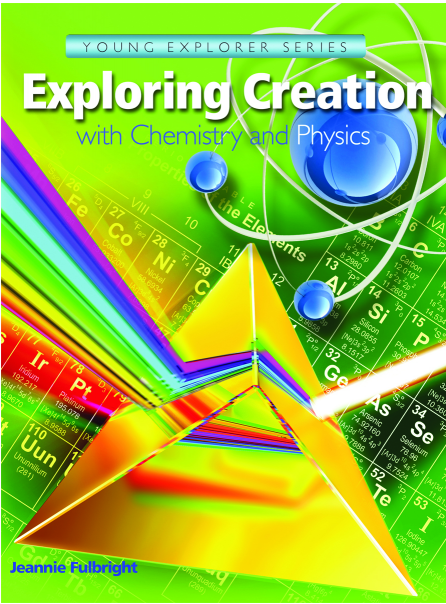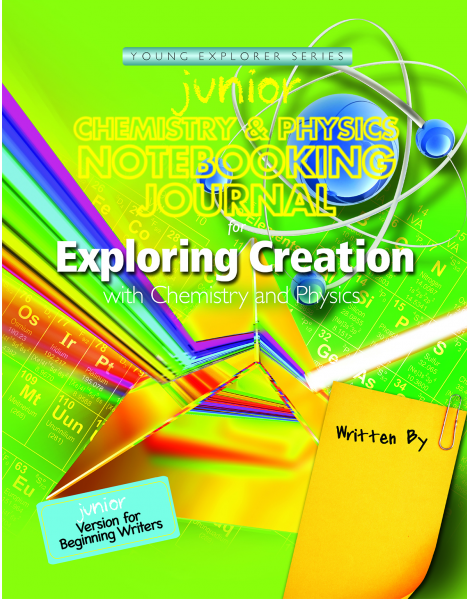The girls and I met friends at our local nursing home for Thanksgiving. This was our second visit to this particular nursing home. Not only are
our visits a valuable experience for the girls, but they brighten up the
day for the elderly, who often feel isolated and excluded from the
community. Our goal this year is to maintain an ongoing visitation
program with this community of elders. Izzie and Mac made homemade Thanksgiving cards to pass out to the residents and there were a lot of hugs being passed out too!
Books With Activities
▼
Friday, November 29, 2013
Wednesday, November 27, 2013
Frontier Culture Museum
We had an amazing "homeschool-day" at the Frontier Culture Museum.
The Frontier Culture Museum tells the
story of the thousands of people who migrated to colonial America, and
of the life they created here for themselves and their descendants.
These first pioneers came to America during the 1600s and 1700s from
communities in the hinterlands of England, Germany, Ireland, and West
Africa. Many were farmers and rural craftsmen set in motion by changing
conditions in their homelands, and drawn to the American colonies by
opportunities for a better life. Others came as unwilling captives to
work on farms and plantations. Regardless of how they arrived, all
became Americans, and all contributed to the success of the colonies,
and of the United States.
To tell the story of these early
immigrants and their American descendants, the Museum has moved or
reproduced examples of traditional rural buildings from England,
Germany, Ireland, West Africa, and America. The Museum engages the
public at these exhibits with a combination of interpretive signage and
living history demonstrations.
We began our adventure in West Africa, 1700s...
Mac loved pretending that she actually lived in the mud huts and was making dinner for her family.
She also enjoyed watching the animals.
We then traveled to the 1600s in England...
The girls were great helpers! They grated cheese and washed dishes.
Exploring the different rooms throughout the house...
Mac found the sheep!
Along our way to Ireland, we stopped by the Forge.
Ireland, 1700s, in the distance...
Exploring Ireland...
We then traveled to Germany, 1700s.
Mac was thrilled to help milk the cow! Izzie wanted no part in this demonstration!
Afterward, we journeyed to the Native American Encampment. We had just finished reading Little House In The Big Woods, so my girls were fascinated by all the Native American items!
Saturday, November 9, 2013
TOS Review: Apologia Educational Ministries

Apologia Educational Ministries is a family-owned corporation that publishes award-winning creation-based homeschooling science curricula.
Apologia has recently added to their Young Explorer Series, which is designed for elementary grades K-6, ages six to thirteen. We have used several of the subjects within the series, so we were thrilled to have the opportunity to review the newest addition, Exploring Creation with Chemistry and Physics.


qqqqqqqqqqqqqqqqqqqqqqqqqqqqqqqqqqqqqqqqqqqqqqqqqqqq
What's included in the Exploring Creation with Chemistry and Physics textbook?
- There are 14 lessons, 280 total pages, covering atoms, molecules, simple chemicals, laws of motion, electricity, magnetism, and simple machines. Each lesson averages 2 weeks to complete.
- Within each lesson there are "Try This!" activities that help students understand the concept with a hands-on demonstration. There were 10 Try This! activities in Lesson 1 and 9 in Lesson 2! The girls, ages 7 and 4, really enjoyed the hands-on activities. In this particular Try This! activity, they performed an experiment to understand density.
.jpg) |
| Apologia Chemistry and Physics, Try This! activity |
They each had a warm glass of water. Mac poured salt into her warm water.
.jpg) |
| Apologia Chemistry and Physics, Try This! activity |
Mac stirring the salt.
.jpg) |
| Apologia Chemistry and Physics, Try This! activity |
Before dropping the eggs into the warn water, they had to make a hypothesis about what would happen. They both agreed that the eggs would sink.
+(640x480).jpg) |
| Apologia Chemistry and Physics, Try This! activity |
Observing the results.
 |
| Apologia Chemistry and Physics, Try This! activity |
- Throughout each lesson, the student is asked to retell or narrate the presented information. At the end of each lesson there are "What Do You Remember? questions for oral narration.
- There are Notebooking Assignments at the end of each lesson, which include a variety of activities, such as recording fascinating facts, illustrating concepts, creating comics, and writing stories. These assignments can be recorded in the correlating notebooking journal.
- Every lesson concludes with a hands-on project or experiment to reinforce the material that was learned throughout the lesson. Mostly inexpensive, common household items are needed to complete the project/experiment. At the back of the book, there is a comprehensive list of needed materials for each lesson, which is very convenient.
qqqqqqqqqqqqqqqqqqqqqqqqqqqqqqqqqqqqqqqqqqqqqqqqqqqqqqqqq
What's included in the Exploring Creation with Chemistry and Physics Junior Notebooking Journal?
The notebooking journal correlates with the textbook and it provides a place for the students to complete and record the assignments from the text, along with many other optional activities. Everything in the notebooking journal is optional.
- There is a suggested schedule for the reading of the text and completion of the activities in the text and notebooking journal. The schedule is neatly organized into a 2-day week chart, which allows two weeks to complete each lesson.
.jpg) |
| Apologia Chemistry and Physics, Suggested Schedule |
- Each lesson begins with coloring pages, which have a Bible verse at the bottom of each. Izzie enjoyed coloring while I read-aloud the text.
 |
| Apologia Chemistry and Physics, Lesson 1: Coloring Page |
- In addition, there is a Fascinating Facts template page that includes several empty boxes and writing lines for each lesson. You child could create illustrations, diagrams, or short narrations about anything he or she found interesting from the reading.
 |
| Apologia Chemistry and Physics, Lesson 2: Fascinating Facts |
- There are also vocabulary activities for each lesson to reinforce the new terminology. There seems to be a variety of vocabulary activities throughout the notebooking journal.
- Furthermore, there is Scripture Copywork, print and cursive, included in each lesson. I love how the copywork not only helps Izzie practice her writing, spelling, and grammar skills, but also encourages verse memorization.
- There are Cut and Fold Miniature Books, found at the back of the journal for each lesson. It's very nice to have all of the miniature books in color! The completed books can be displayed on the Paste Pages within the notebooking journal.
- There are several "Test It Out" suggestions that for each lesson, including additional experiments, hands-on activities, recommended books, and audio and video resources.
- Additionally, there are Project Pages where the student can write about what they did and learned from the various projects and experiments.
 |
| Apologia Chemistry and Physics, Lesson 4: Project Pages |
- Lastly, there are Field Trip Sheets at the back of the journal.
qqqqqqqqqqqqqqqqqqqqqqqqqqqqqqqqqqqqqqqqqqqqqqqqqqqqqqqqq
What did I like?
- The suggested scheduled included in the Notebooking Journal is very convenient and extremely adaptable.
- The text is written directly to the student and is presented in a conversational style.
- The abundant amount of Try This! activities, which were simple, fun, and very educational.
- The experiments at the end of each lesson were a great way to reinforce the material throughout the lesson.
- The Notebooking Journal can be used as a unique journal for each child. Everything is optional; therefore, the parent may customize it by deciding what activities and assignments will benefit their child.
qqqqqqqqqqqqqqqqqqqqqqqqqqqqqqqqqqqqqqqqqqqqqqqqqqqqqqqqqqq
In conclusion, I would highly recommend Exploring Creation with Chemistry and Physics.


Sail over to read what other Crew Mates had to say about their experience with Exploring Creation with Chemistry and Physics.


.jpg)
.jpg)



.jpg)

.jpg)

.jpg)
.jpg)

.jpg)


.jpg)
.jpg)
.jpg)


.jpg)
.jpg)

.jpg)
.jpg)
.jpg)



.jpg)

.jpg)






